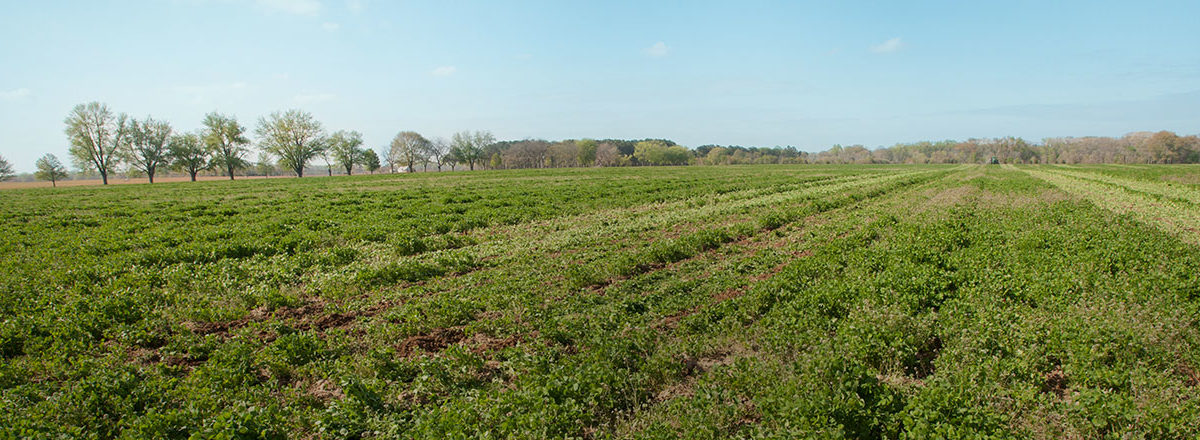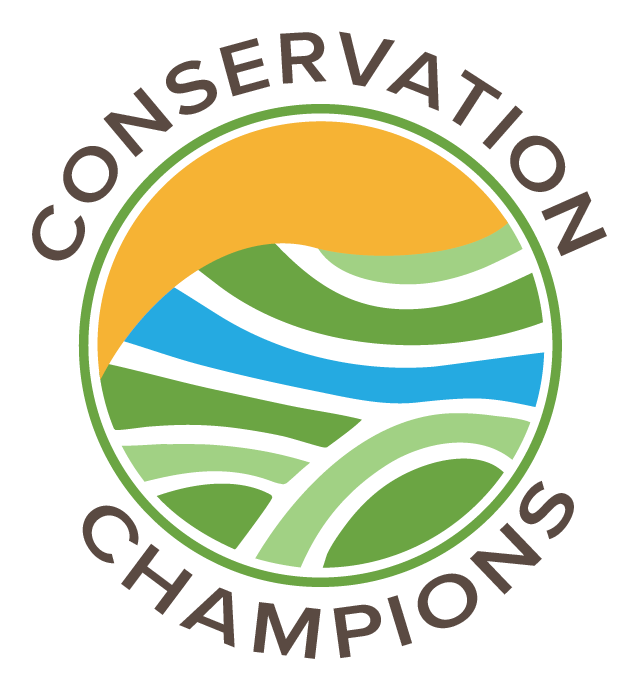
National Wildlife Federation’s Conservation Champions program – formerly Cover Crop Champions – offers grants up to $15,000 for farmers and outreach partners to learn and develop creative outreach strategies that target new farmer audiences and increase the rate of soil health practice adoption in the Midwest.
Soil health practices such as cover crops, minimum or no tillage, rotational grazing, and diverse crop rotations provide benefits to farm productivity, wildlife and the environment. They provide solutions to specific challenges faced by farmers: drought and extreme rainfall events, invasive weed and pest pressure, and poor soil fertility. Despite the clear advantages, most farmers have yet to implement these valuable practices on their agricultural land in the Mississippi River Basin.
Once they are established, soil health practices result in a more resilient production system, but it takes time to achieve significant benefits. The initial investment, perceived risk, and an aversion to change all pose barriers to producers adopting soil health practices and to effective conservation outreach. Many of the technical and economic barriers to adoption are addressed by existing incentive and outreach programs, but the social and cultural barriers have been largely neglected. Social cues from neighbors and friends greatly influence a farmer’s decision-making. A farmer who has successfully used cover crops and other soil health practices on his or her own land makes for a perfect messenger to reach and influence non-adopting producers.
The National Wildlife Federation convened 36 leading experts on cover crops that reiterated the importance of these trusted messengers through a road mapping exercise, which lead to the formation of the Cover Crop Champion program in 2013.
Who are Conservation Champions?
Conservation Champions are teams of innovative farmers and local outreach partners that want to see sustainable agriculture practices become mainstream. Teams are passionate about cover crops but also passionate about communications and outreach to other farmers. A ConservationChampion team should consist of at least one farmer champion and one outreach champion.
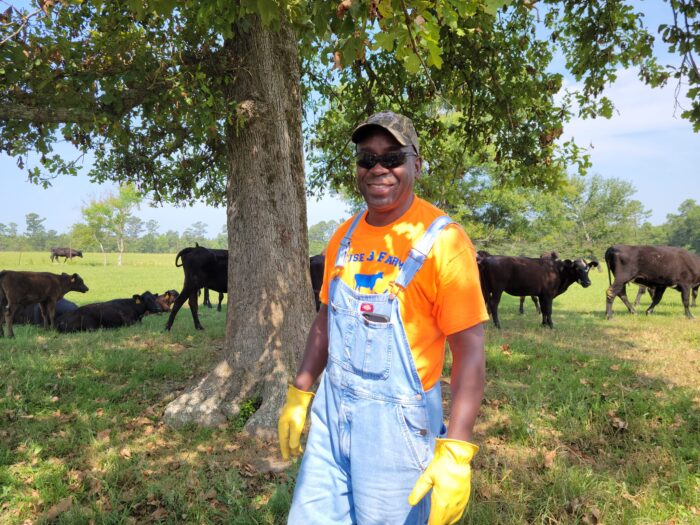
Farmer Champion – Farmers who personally use cover crops and have soil health as a primary mission. The farmer champion’s role includes promoting cover crops and soil health practices in their region.
Outreach Champion – Agricultural professionals who are employees of a farm, conservation, or education-related organization. For example, outreach champions may represent conservation districts, NRCS service centers, university extension, farmer unions, and coalitions. Outreach champions support farmer champions by assisting with planning and implementing proposed outreach plans.
Reaching Beyond The Choir
Conventional outreach is not effective at reaching the majority of farmers. Traditional events tend to draw in and speak to the innovative farmer rather than the non-adopter. The National Wildlife Federation looks for Champions who will create an outreach plan with new themes and messaging frames that will appeal to the mindsets and motivations of those who have not yet adopted soil health practices.
We are very flexible with funding creative ideas to reach this specific audience. This is not a grant to fund the outreach that you have been doing for years. This is a collaborative and targeted outreach program, grounded in social science, and specifically designed to get non-adopters to start using soil health practices. We believe these soil practices can improve the sustainability of all farms, yet the promotion of these practices reflects a communication challenge. Our program approach seeks to overcome this challenge by innovating the ways in which we conduct outreach.
Where does the outreach take place?
Champion awards began across the Mississippi River Basin and have now expanded to the Southeast United States. The current opportunity is only open to applicants based in South Carolina. Review the 2025 South Carolina Conservation Champions Request for Proposals below.
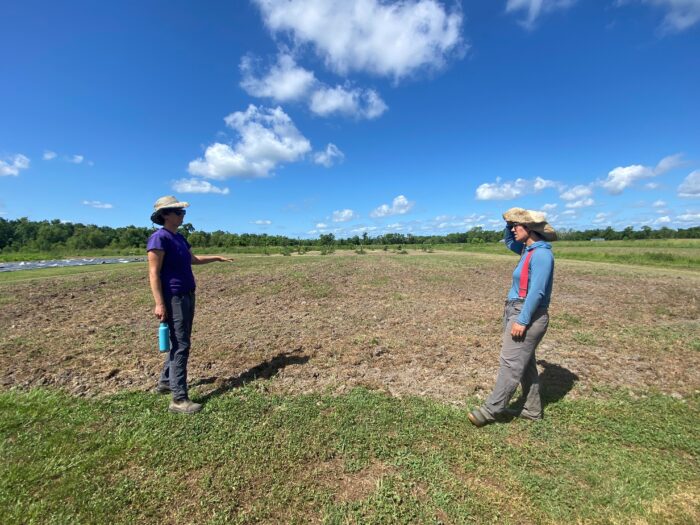
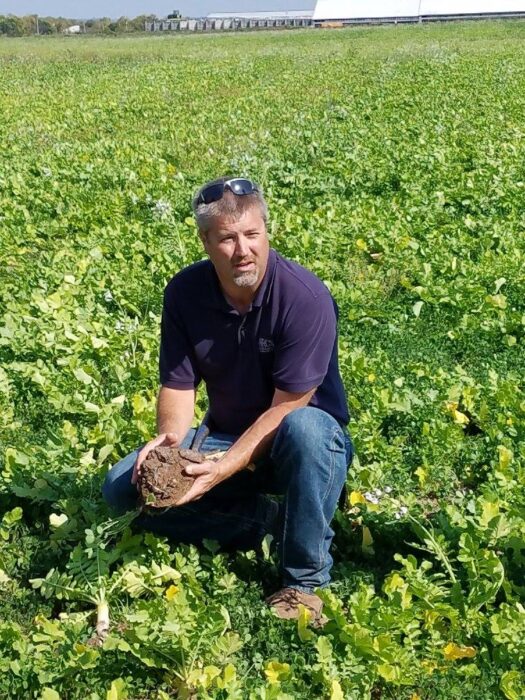
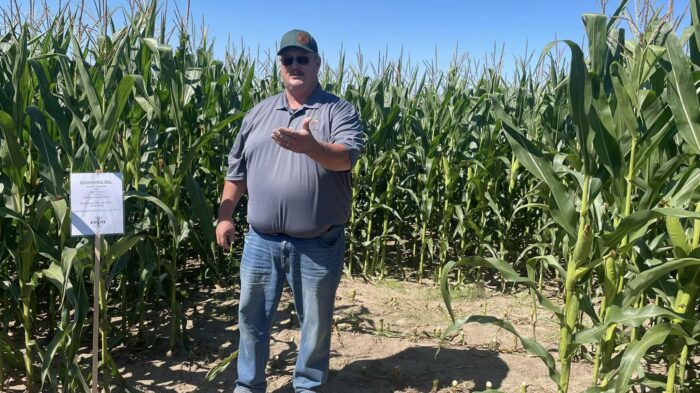
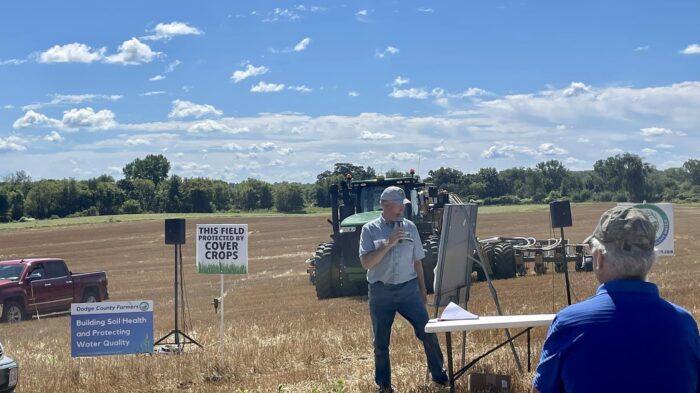
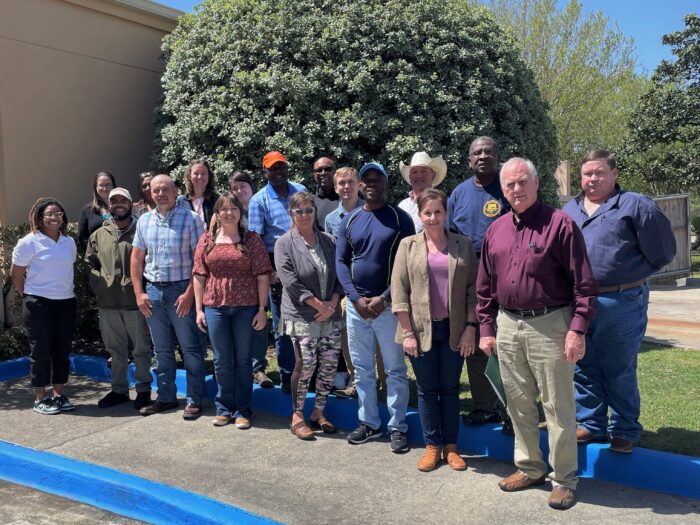
What can this grant offer?
Each team can request up to $15,000 to cover the costs of their outreach plan. This includes time, materials, advertisement, and food. In addition to financial assistance for an outreach plan, the National Wildlife Federation also assists with communication strategies and training.
What are Champion Responsibilities?
Teams are responsible for reaching at least 250 farmers during the grant period. All champions partake in a comprehensive webinar series and an in-person training program with travel expenses paid. This program equips the champions with specific messaging strategies aimed at reaching conventional farmers who have diverse motivations and reasons for not yet using cover crops and other soil health practices.
South Carolina Conservation Champions Request for Proposals Now Open!
What: Up to $15,000 available for teams of 3 or more to implement creative outreach to advance conservation agriculture
Application Deadline: Monday, June 30, 2025
Applications Details: Download the RFP to learn more about the opportunity.
Info Session: View a recording of our May 9 info session here.
Questions: Reach out to Cassidy at DellortoBlackwellC@NWF.org

